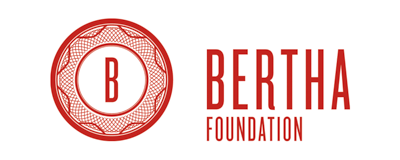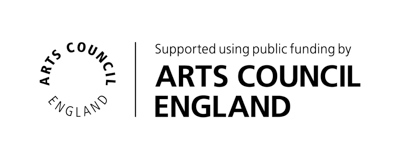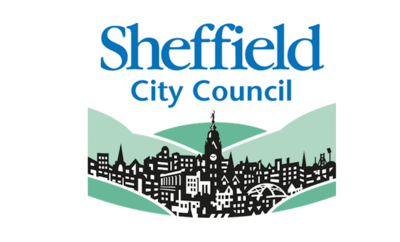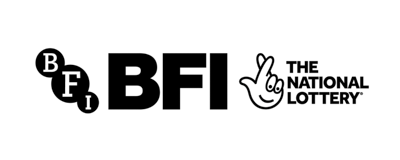
We invited two Sheffield Hallam University students to explore the Sheffield DocFest 2024 programme.
Here’s Lib Silke, a BA Film Studies student, with her reviews of films in our Youth Jury Selection and Shorts Programme.
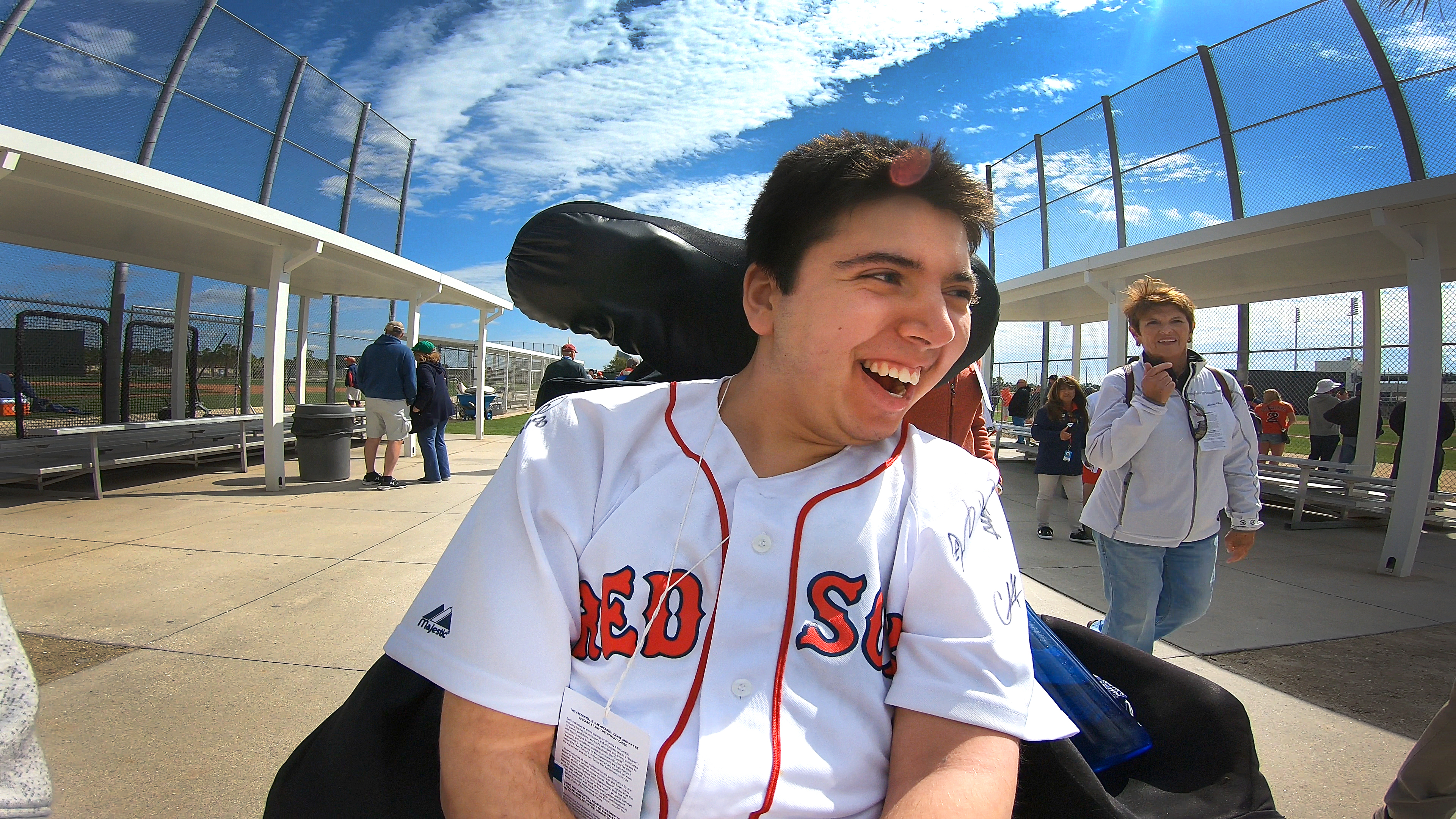
The Ride Ahead (dir. Dan Habib, Samuel Habib. United States. 2024)
The Ride Ahead is a very funny and honest exploration of Samuel Habib as both filmmaker and subject, and follows his journey of becoming an adult while disabled. This worked as a fantastic introduction to DocFest that skillfully balanced the more frustrating and upsetting parts of Habib’s experience with plenty of pride and joy in his disability.
The film is narrated by Habib, and along with him being a charismatic lead, his power over the storytelling works to demonstrate the self-advocacy the film fights for, highlighting the importance of disabled people telling their own stories. The documentary makes frequent jabs at how able-bodied filmmakers love leaning into the perceived tragedy of disabled lives to create pity, and Habib refuses to entertain this expectation, instead pushing for understanding. The approachability of Habib’s sense of humour succeeds in this pursuit, and he very quickly endeared himself to the DocFest premiere audience.
The film shares Habib’s journey to both educate the able-bodied and to let other disabled people on the cusp of adulthood know that they aren’t alone, and that a happy, successful adult life is very possible for them. It’s a beautiful sentiment that someone without Habib’s lived experience could never convey.
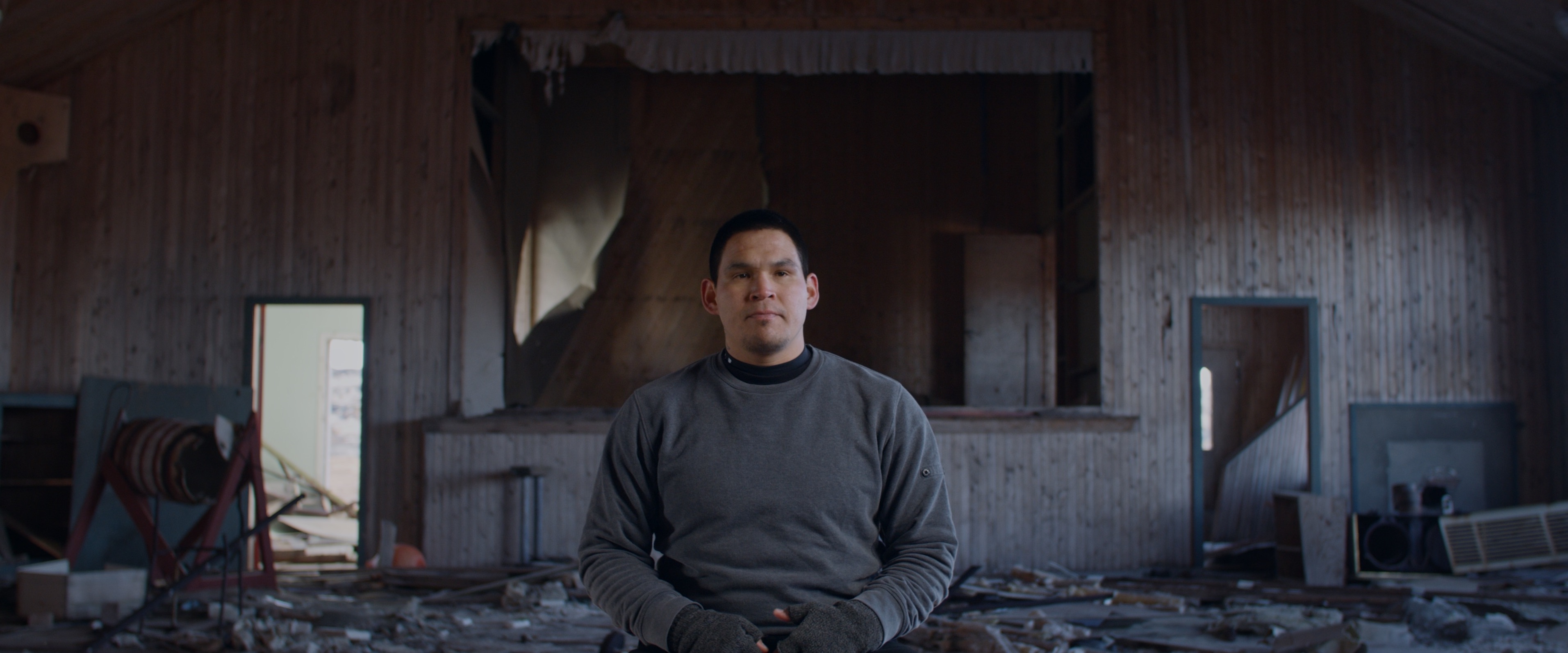
Life on the Edge (dir. Johnny Langenheim, Sebastian Feehan. Greenland, United Kingdom. 2024)
Life on the Edge follows Nuka, a man aiming to help struggling people heal from the ignored intergenerational trauma plaguing Greenland that almost killed him. The film begins by telling us that everyone in Greenland has lost someone to suicide, and remains this brutally honest throughout. The cinematography shows these settlements Nuka visits as beautiful and idyllic, disguising the tragedy that haunts them and communicating the open secret that Greenland lives with. Nuka’s personal story is the throughline that kept me invested, and watching him be so dedicated to helping other people made me really root for him to find his peace by the end.
The film’s focus on forgiveness was beautifully done. It’s a difficult theme to approach, as forgiveness is a deeply personal choice, and the film was open about the horrible things Nuka and his father had done, yet I felt joy with them when their lives took happier turns. Near the end of the film, there is a wedding that seeps with forgiveness, and Nuka’s mother gives a speech on the importance of love. Through the film, we watch love save Nuka’s life, his father’s life, and the many other lives this film and Nuka touch.
Shorts: More Souls Than One
The ‘More Souls Than One’ strand of short films is thought provoking and conversation starting, presenting four complex situations that beg discussion.
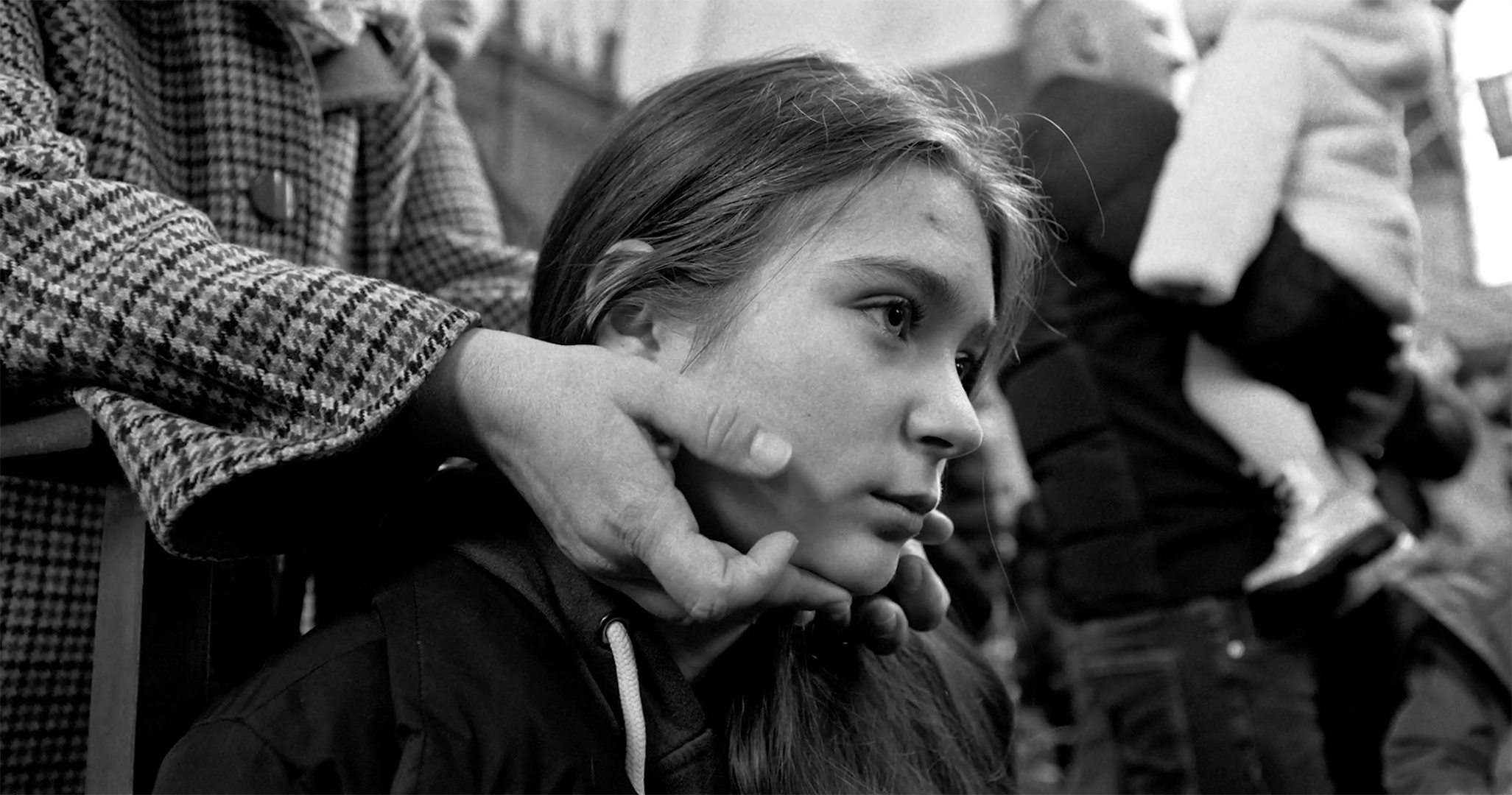
Blue (dir. Ana Vîjdea. Romania, Belgium, Portugal, Hungary. 2024)
‘Blue’ intimately follows a family where a mother’s fear is what dictates their rules and haunts their relationships. The film digs closely into the family’s lives, particularly shocking me in showing some of the daughter’s private messages, making it feel almost fictional in its storytelling. Everything the mother does is out of love, but her choices breed resentment that can be felt through the screen. There is a generational gap that isn’t crossed in this film, and the final shots of the separated family left me feeling mournful.

Nocturn for a Forest (dir. Catarina Vasconcelos. Portugal. 2023)
Nocturn for a Forest is a fun concept executed stunningly. We follow a psychedelic meeting of plants in a forest inhabited by the spirits of fifteenth century women that were excluded from the Church and forced behind a wall. They convene to decide what to do with a painting of the Virgin Mary with her chest exposed that had been coveted by the monks on the other side of the wall. The film is made thrilling by vibrant lighting and dynamic sound design that greatly elevate looking at leaves and reading subtitles. The short modernises its focus with twenty-first century feminist concerns, drawing parallels between powerful men that refuse to change.
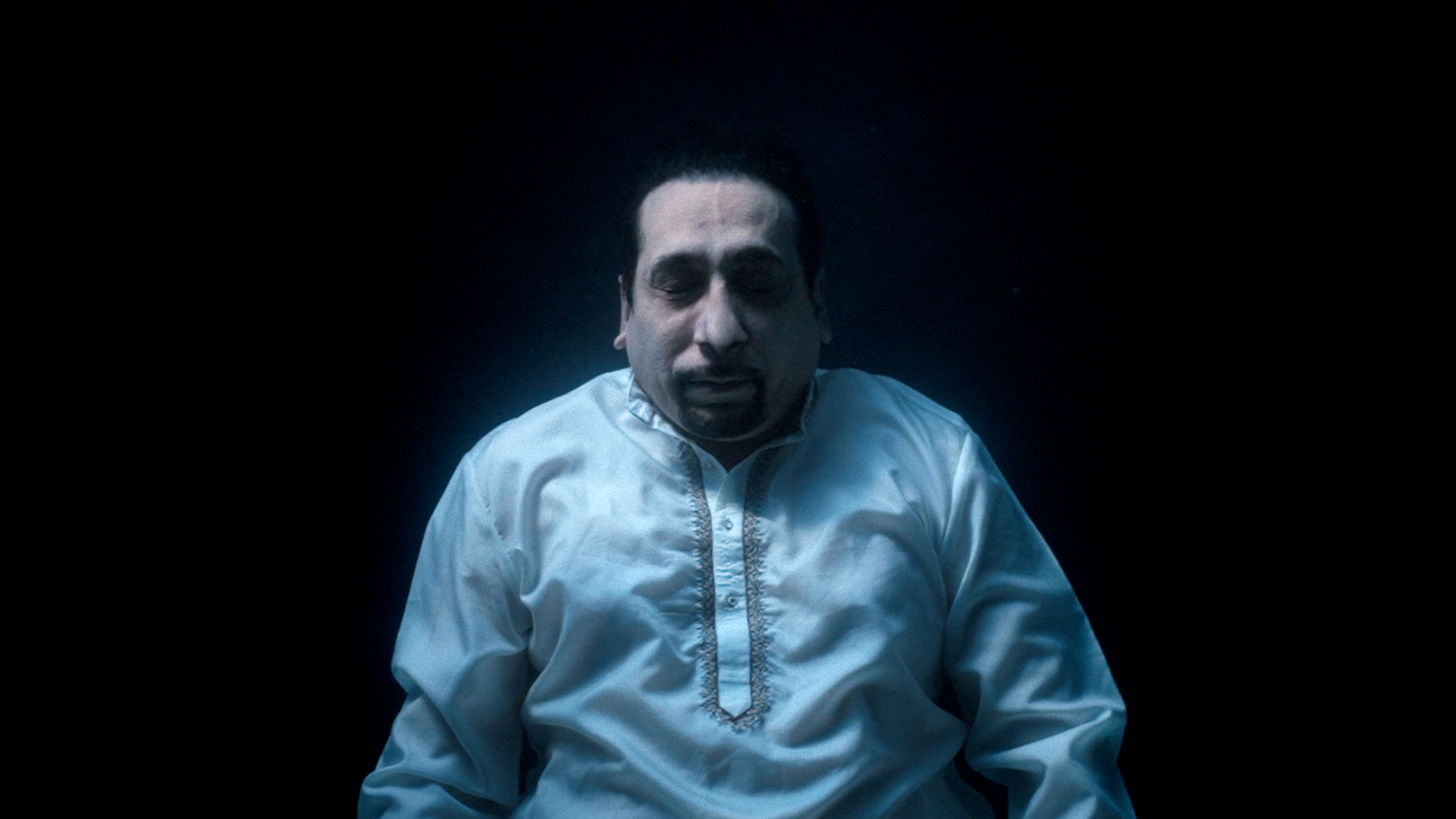
Eternal Father (dir. Ömer Sami. UK. 2023)
‘Eternal Father’ was the most difficult watch of the four shorts, and consequently my favourite. Starting the film on his fifty-ninth birthday, the polarising lead Nasar decides he wants to be cryogenically frozen when he dies. What makes the subject matter so challenging is that by obsessing over these plans, Nasar’s young children begin contemplating their own mortality, all of them eager to dive into this experimental science with their father. Additionally, Nasar’s younger wife is torn, reluctant to even think about the choice that her family obsesses over. The short is nicely shot, but the most striking images come at the very end, where we’re shown haunting predictions of what the family will look like, dead and floating in their nitrogen tombs.
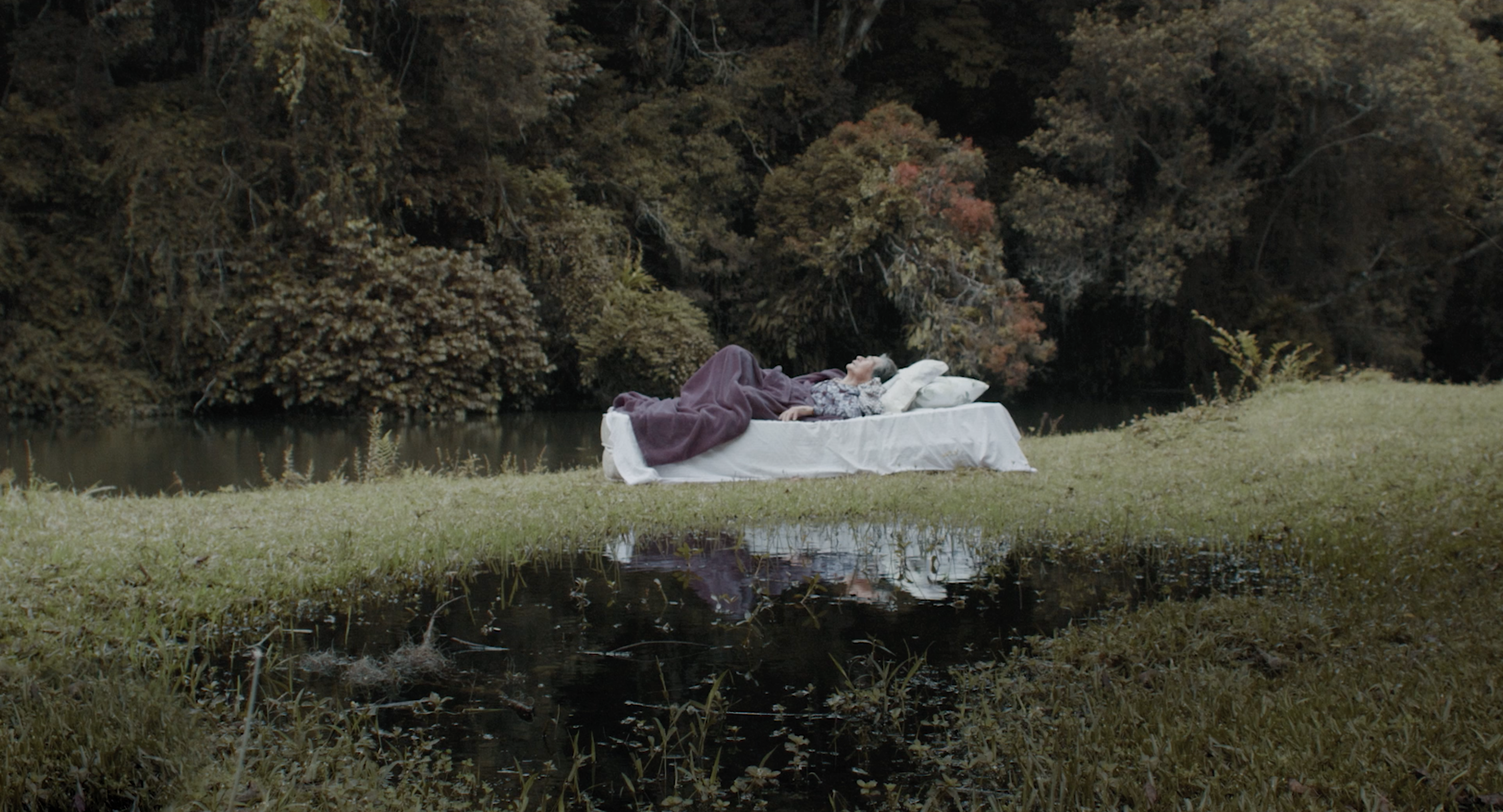
Wind of Gold (dir. André Hayato Saito. Brazil. 2024)
‘Wind of Gold’ is the simplest and hardest hitting of the shorts, and it works perfectly as a finale. The film takes us through days in the life of an elderly woman and her daughter taking care of her. This film shows that the experience is difficult, but that it can be serene at the same time. I particularly appreciated a scene of the daughter breaking down crying, because grieving for the living and the guilt that comes with it feels underdiscussed. Becoming your caretaker’s caretaker is something waiting for almost everyone, and seeing someone overwhelmed by that fear and grief is a great catharsis in an otherwise peaceful film.
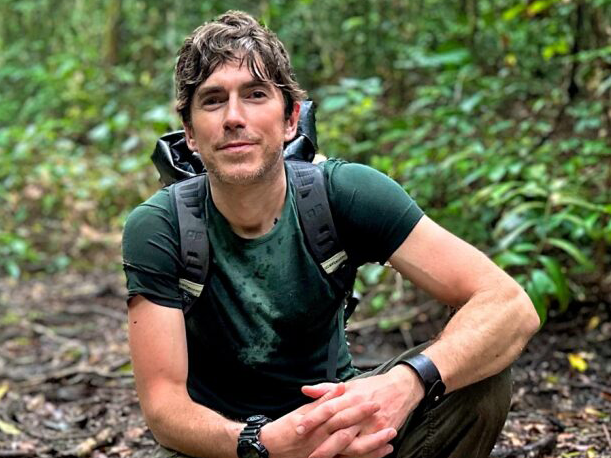
BBC Interview: Simon Reeve in Conversation
Simon Reeve’s interview at the Crucible theatre was an entertaining journey through his life and career. I had never heard of Reeve before this talk, but he proved himself an approachable figure, and I appreciated the openness with which he discussed his childhood. He presented his life story as a miraculous progression from a troubled child, to a suicidal teen, to post boy at the Sunday Times, to an underqualified young investigative reporter. Then, after 9/11, his expert knowledge on al-Qaeda launched him into TV fame, and he began creating dangerous travel documentaries for the BBC.
Something I appreciated in the interview is the way Reeve lamented the current lack of support for young people who don’t want to pursue higher education, preventing others from following a career trajectory and experiencing a successful turnaround like his. It’s clear he has a passion for supporting the autonomy of young people and celebrating those who break the traditional mould.



